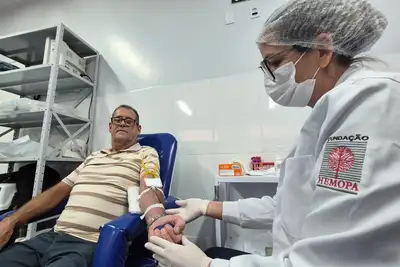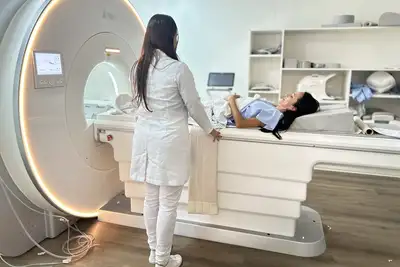Poli Metropolitana reinforces prevention and continuous care for women's health
With 600 mammograms, 1,150 ultrasounds, and 120 breast biopsies per month, the unit ensures essential services for the female population
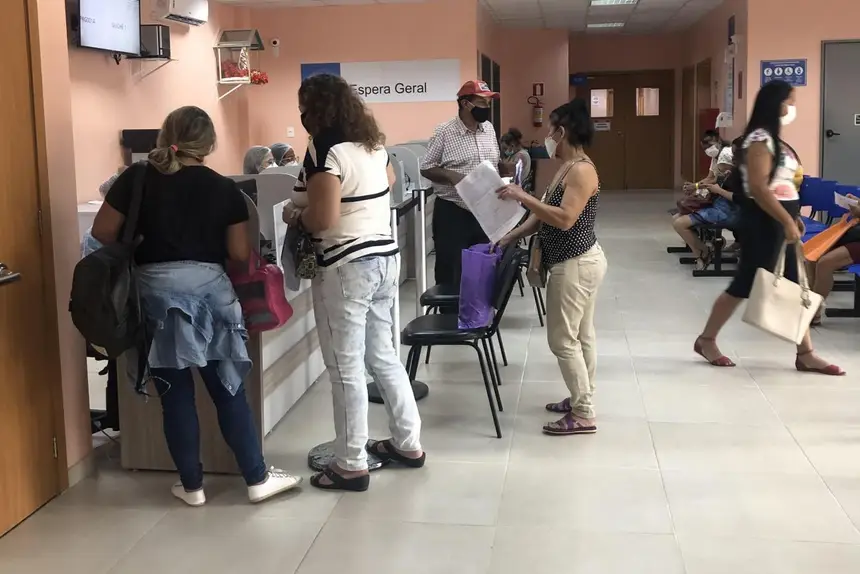
October gains worldwide prominence as a period of awareness and mobilization around prevention, early diagnosis, and access to treatment. In Belém, the Policlínica Metropolitana do Pará, a unit of the State Government, reinforces the importance of continuous care for women's health, offering specialized services in mastology and support exams.
According to the technical director of the unit, Camylla Rocha, the unit's commitment is to ensure this care continuously. "Breast cancer is the most common type among Brazilian women, and therefore, the month of October has become a symbol of the fight for prevention and early diagnosis," explains the doctor.
"At the Policlínica Metropolitana, we work daily to welcome and care for women who seek our service, offering specialized care in mastology and gynecology, completely free through the Unified Health System (SUS). Pink October is a reminder that prevention and early diagnosis save lives, but this care must happen throughout the year," emphasizes Camylla Rocha.
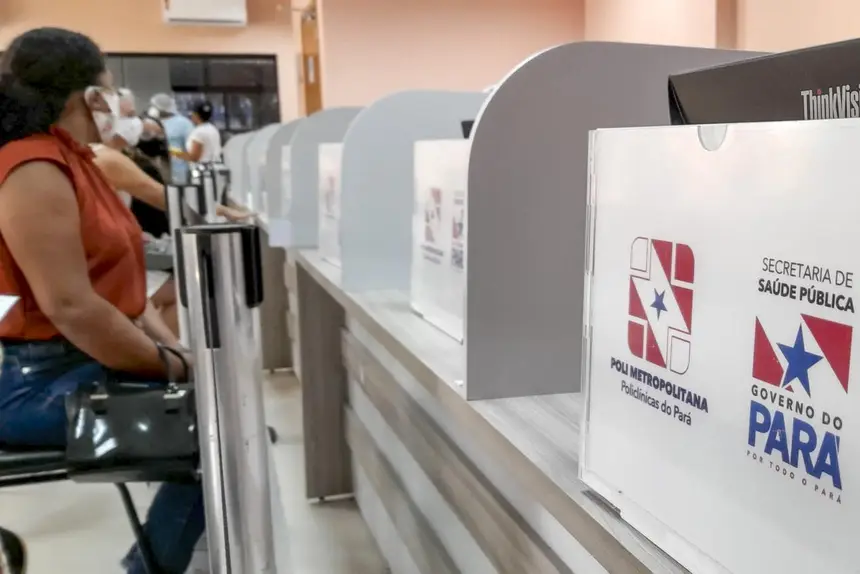
Care and prevention
According to mastologist José Roberto de Sena Rodrigues, the first step begins at home, with self-examination. "Self-examination is an important step for women to know their own bodies and notice changes that may arise in the breasts. It should be done monthly, preferably a few days after the end of menstruation, when the breasts are less sensitive. The ideal is to observe in the mirror if there are changes in shape or skin, palpate the breasts while standing and lying down, and also check the armpit area. It is worth remembering that self-examination does not replace medical consultation or mammography, but serves as an ally in early detection," he advises.
Mammography remains the primary screening exam. "It is recommended for women between 50 and 69 years old, to be performed every two years. However, in cases of family history of breast cancer or suspicious clinical findings, the exam may be recommended before this age range and more frequently, always under medical guidance," explains the specialist.
SIGNS
Another important alert is the signs that cannot be ignored. "The signs that deserve attention include the presence of palpable lumps, changes in breast skin, such as retractions, redness, or an 'orange peel' appearance, spontaneous discharge from the nipple — especially if it is bloody —, asymmetry between the breasts, or persistent pain. Upon noticing any of these changes, it is essential to seek specialized care as soon as possible," reinforces Rodrigues.
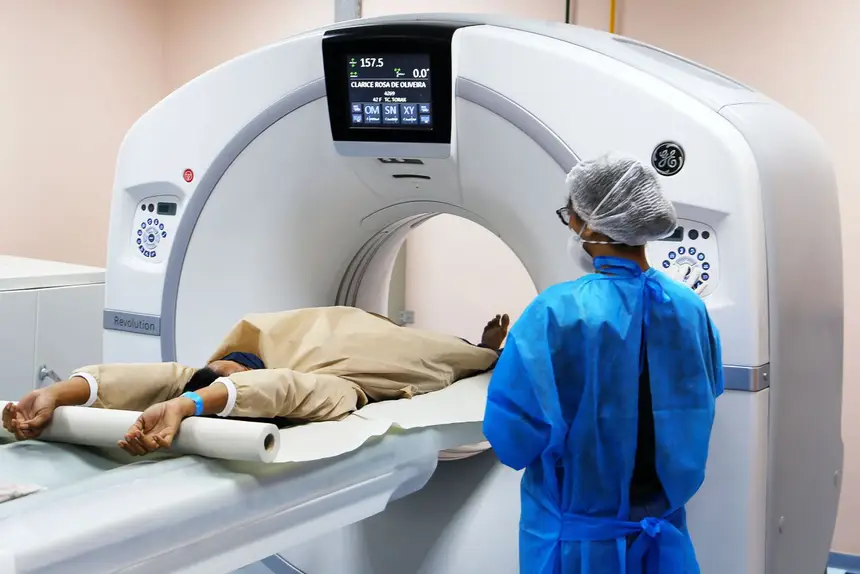
Structure
The Policlínica Metropolitana is managed by the Institute of Social and Environmental Health of the Amazon (ISSAA), in partnership with the State Health Department of Pará (Sespa), and has specialized structure to welcome patients. "We offer medical consultations in mastology, support diagnostic exams such as breast ultrasound, mammography, and biopsies. We also perform colposcopies, gynecological exams, and have a multidisciplinary team to guide all stages of care," he details.
According to the mastologist, the emotional impact of the diagnosis also needs attention. "The fear of cancer is the main concern when detecting a lump. Our team acts humanely, clarifying that not every lump is malignant and that many are benign, such as fibroadenomas or cysts. We explain the next steps, from complementary exams to, if necessary, referral for specialized treatment. This welcoming is essential to reduce anxiety and provide security to the patient," says the doctor.

The volume of care reinforces the importance of the service. "At the Policlínica Metropolitana, we provide 600 mammograms, 1,150 general ultrasound exams, and 120 breast biopsies monthly, reinforcing our fundamental role in the early detection of breast cancer and other breast conditions," points out the mastologist.
Among the taboos that still keep women from prevention, he highlights fear and misinformation. "One of the biggest taboos is still the fear of diagnosis, which leads many women to avoid consultations and exams. Another is the idea that the disease only affects those with a family history, which is not true: most cases occur in women without close relatives with breast cancer. Additionally, the stigma about losing a breast still worries many patients, but today there are various treatment and breast reconstruction options that preserve both health and self-esteem," he emphasizes.
Access
To access the services of Poli Metropolitana, the path begins at primary care. "The woman should seek her reference Basic Health Unit, which, after medical evaluation, will refer the case to the State Regulation Center. From there, the patient will be directed to the Policlínica Metropolitana for consultations and exams," clarifies Rodrigues.
Text by Roberta Paraense




